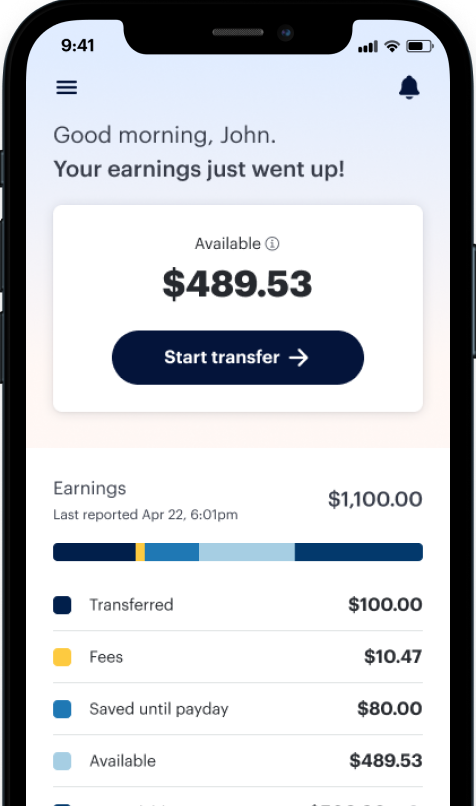If you’ve been the victim of identity theft, you aren’t alone. In 2021, the Federal Trade Commission received 2.8 million consumer fraud reports that amounted to over $5.8 billion in losses. Beyond the direct financial impact, fraudulent activity can also drag down your credit score by no fault of your own. Freezing your credit is one way to prevent further damage when you’re dealing with identity theft. Even after everything is resolved, it can add an extra layer of security that may provide peace of mind going forward.
Here’s a quick guide on how to freeze your credit.
What affects your credit score?
Many creditors report consumer account activity to the three main credit reporting bureaus (Experian, Equifax and TransUnion). This typically includes a person’s payment history and account balances, among other financial details. Those bureaus each maintain their own credit report that reflects this information. This, in turn, is what shapes your credit score.
A higher credit score tends to suggest that you’re a trustworthy borrower—whether it’s a mortgage, auto loan, credit card or other form of credit. On the flipside, a lower score could leave you stuck paying high interest rates. In some cases, it could even prevent you from getting approved.
FICO, a leading credit scoring model, breaks down its score like this:
- Payment history (35%)
- Amounts owed (30%)
- Length of credit history (15%)
- New credit (10%)
- Credit mix (10%)
If a fraudster swoops in and racks up unpaid debt in your name, it could have a catastrophic effect on your credit score. Remember: the two things that influence your score the most are your payment history and amounts owed.
How does a credit freeze work?
When someone applies for a new loan or other form of credit, the lender will usually do a credit check before approving their application. A credit freeze restricts access to your report—so if someone tries to open an account in your name, they’ll be denied. Meanwhile, you can lift the freeze whenever you want to legitimately apply for new credit.
Credit freezes are relatively simple and can be set up through each individual credit bureau. They last for as long as you choose to keep them in place. It’s a little different from a fraud alert. This lasts one year and requires lenders to verify your identity before approving new credit in your name. Both options are free and can help block identity thieves from accessing your credit information.
The links below initiate a credit freeze with each credit bureau:
What to do if you’ve been the victim of identity theft
If you notice strange charges on your accounts or receive unfamiliar bills in your name, it could be a sign that your identity has been stolen. Here are some steps to fix the situation, according to Equifax:
- Freeze your credit. Alternatively, you can place a fraud alert.
- Check your credit reports. You can do this for free at AnnualCreditReport.com. If you notice strange activity, you can dispute it with each of the credit bureaus to ultimately have it corrected.
- Report it to the appropriate companies. Contact each company where the fraudulent activity occurred and notify them of the situation.
- Report the identity theft to the Federal Trade Commission. You may also choose to file a police report if you plan on placing an extended fraud alert, which lasts seven years. (This type of fraud alert requires an FTC identity theft report or a police report.)
- Stay on top of your accounts going forward. It’s wise to routinely check your existing account statements and balances for suspicious activity.
- Keep sensitive information safe from prying eyes. Be wary of texts or phone calls asking you to share your Social Security number, account login information, or other personal data. It’s also wise to avoid banking on public Wi-Fi. If you are in public, opting for a VPN or your mobile data can provide additional security.
A credit freeze is a free, simple tool that can help prevent fraudulent activity from identity theft. It can also help prevent further damage if you’ve already been victimized. Consider it one more line of defense against fraudsters.
All information herein is for educational purposes only and should not be relied upon for any other use. The information herein does not constitute the rendering of financial advice or other professional advice by DailyPay. No fiduciary obligation or duty exists, or is created, between you and DailyPay. DailyPay does not warrant the completeness or accuracy of any information provided to you.

